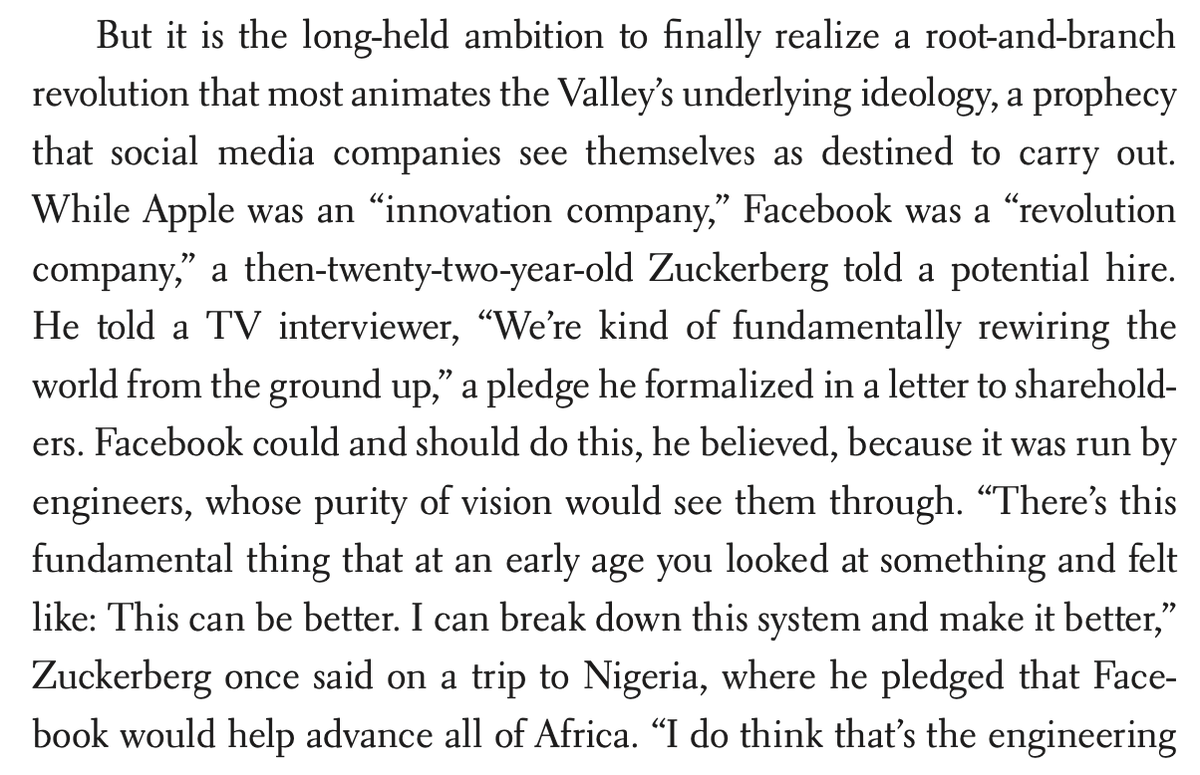
The images out of Brazil yesterday might've looked eerily similar to Jan 6th, but there are some extremely important differences between the two events.
I'll survey the big ones here. Altogether they suggest that Brazil's J8, scary as it was, was more tantrum than full J6.
I'll survey the big ones here. Altogether they suggest that Brazil's J8, scary as it was, was more tantrum than full J6.
1. AGENDA // Jan6 was executed with the explicit goal of overrunning Congressional vote certification so as to overturn Trump's election loss and keep him in office.
In Brazil, there was no ongoing certification to seize. Bolsonaro had already left. His loss was forgone.
In Brazil, there was no ongoing certification to seize. Bolsonaro had already left. His loss was forgone.
On Jan6, the storming of Congress was just one part of a larger plot to overturn the election in an orchestrated autogolpe/self-coup.
In Brazil, there was no apparent larger plot. No electoral process to seize. It was just the riot.
In Brazil, there was no apparent larger plot. No electoral process to seize. It was just the riot.
2. ELITE SUPPORT // Coups don't succeed without heavy elite involvement. That was one of the most important parts of Jan6: the highly visible role of Trump and others seeking to overturn the election. That's how coups work: elites wield unrest, i.e. the capitol siege, as tools.
That elite involvement didn't materialize in Brazil. Even if it turns out some pols played a role in quietly encouraging the unrest, that's not the same thing as leaders visibly coordinating to seize power from the top.
In other words: Brazil appears to have been largely / entirely bottom-up. Whereas Jan6 was both bottom-up and top-down, and both need to happen for a coup to actually succeed.
3. INSTITUTIONS // This is really important. Coups need major political institutions to back them to succeed. J6ers, including Trump, knew this & spent weeks cultivating Congress, the VP, and SCOTUS.
In Brazil, the J8ers had only a very minimal & very weak version of this plan.
In Brazil, the J8ers had only a very minimal & very weak version of this plan.
The Brazil J8ers plan appears to have been "cross our fingers and hope the military backs us." No plan at all.
Even if they had actually tried to cultivate the military, Lula foresaw this and spent months preemptively cultivating military elites first. ft.com/content/c71fa3…
Even if they had actually tried to cultivate the military, Lula foresaw this and spent months preemptively cultivating military elites first. ft.com/content/c71fa3…
4. COUP-PROOFING // US political institutions were mostly unable or unwilling to do the work to gird the system against a possible coup attempt.
Not so in Brazil. Lula, domestic groups, intl orgs & Biden admin all put heavy work into preparing every level of the system for a J6.
Not so in Brazil. Lula, domestic groups, intl orgs & Biden admin all put heavy work into preparing every level of the system for a J6.
Brazil's coup-proofing worked. You can see it in how differently things played out there, vs in the US, since Bolsonaro lost in October. Instead of seriously challenging the election as feared, he effectively conceded and left the country. He got the message. A coup would fail.
So while Brazil's Jan8 is a scary reminder that grassroots far-right authoritarianism remains a potent force, it's also a (relative) success story in girding against those forces. After years of global democratic decline, that's actually a little encouraging.
• • •
Missing some Tweet in this thread? You can try to
force a refresh






